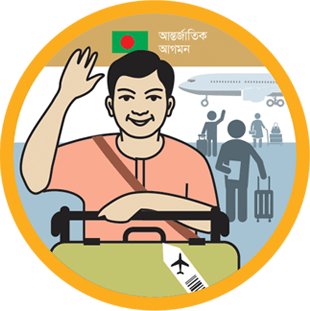Applicable in most Middle East countries, the Kafala system is a practice whereby a migrant worker’s immigration status is legally bound to an individual employer or sponsor (kafeel) for their contract period. The migrant worker cannot enter the country, transfer employment nor leave the country for any reason without first obtaining explicit written permission from the kafeel. The worker must be sponsored by a kafeel in order to enter the destination country and remains tied to this kafeel throughout their stay. The kafeel must report to the immigration authorities if the migrant worker leaves their employment and must ensure the worker leaves the country after the contract ends, including paying for the flight home. Often the kafeel exerts further control over the migrant worker by confiscating their passport and travel documents, despite legislation in some destination countries that declares this practice illegal.
As such, if you are a migrant worker under the Kafala system, you are completely dependent upon your kafeel for your travel, livelihood and residency. Take this into consideration when you decide whether to apply for work overseas. Should at any point you encounter any problem or difficulty with your employer, please report immediately to your Embassy or Consulate or to the recruitment agency.










